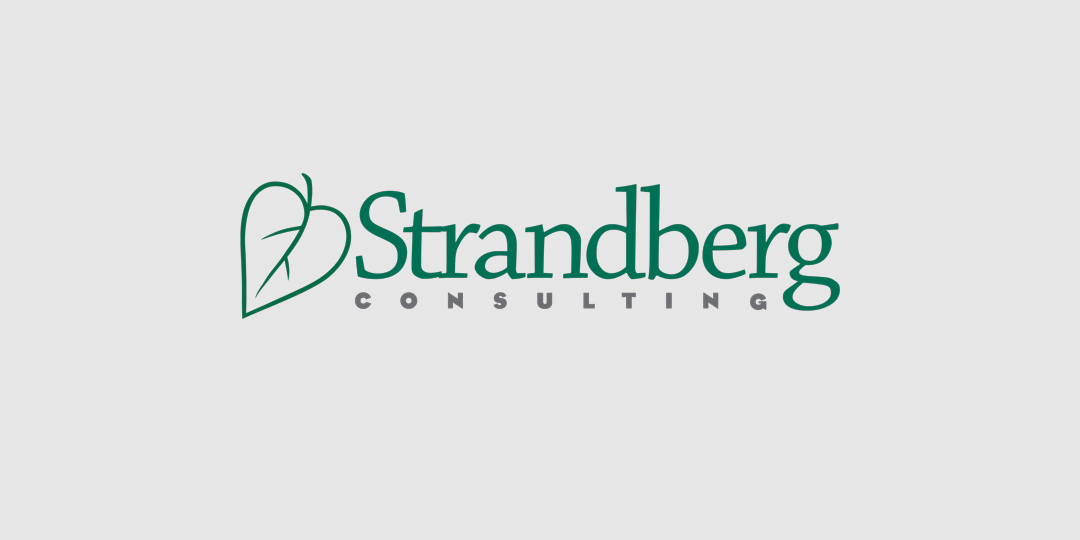By Michaela H. Becker
Corporate Responsibility and Sustainability Strategist
Over the last 10 years there have been countless doors through which many of us have entered the profession of corporate responsibility (CR) and sustainability. I transitioned from communications because the positive impact from a risk management perspective was compelling. Some of us had our roots in philanthropy and pivoted to help companies engage with their communities. While others applied their engineering skills to reduce business’ environmental footprint.
With a range of backgrounds, degrees and certifications, we became Sustainability Specialists. Corporate Social Responsibility Practitioners. Environmental Managers. Community Investment Officers. Stakeholder Engagement Advisors. Ethical Sourcing Coordinators.
No matter the road we took, the title we had or the portfolio we managed, we strived to make sure that CR agendas were integrated into operations through project-based initiatives. We completed gap analyses and often designed sustainability metrics with a compliance lens. We were effective but tactical.
This was baseline work that needed to be done so companies had their houses in order. This was the necessary foundation for executives to understand the business case for sustainability.
But times are changing. CR is evolving. Businesses are starting to look beyond their own impact. To reevaluate the role they play in society and to see the potential prosperity and benefits they could share. To lead the way, we as professionals, must also grow and expand to help business take this next leap.
The Job of the Future

Now that we have assembled the sustainability building blocks, we can construct the future, one of systems thinking, social innovation, and internal and external collaboration. This is the next generation of CR.
The briefing paper Next-Generation Corporate Responsibility and Sustainability Jobs (through the Conference Board of Canada’s Corporate Responsibility and Sustainability Institute), informed by insights of Coro Strandberg, an international sustainability thought leader and strategy consultant, showcases the tangible ways that we as CR and sustainability strategists can transition our mandates for greater success in our organizations – and beyond.
It tackles topics such as: How will job descriptions shift? What skills, functional knowledge, and education will be required? What does the future of our work look like?
Here are two examples:
In my past role as the CSR manager for a large organization, I focused most of my efforts internally, trying to improve the social and environmental impacts pursuing measures within my company’s direct control.
- Next-Generation CR would entail improving the company’s value chain and external operating environment through collaborations with suppliers, customers, competitors, governments, NGOs, and others. It would focus on tackling all of the impacts that the company can influence.
In my CSR job description it prescribed “Research, analysis, problem-solving, communications, and project management”.
- A Next-Generation CR profile would require the ability to influence and mobilize departments, executives, and senior leaders in addition to workforce. It would demand translation skills to enable integration of sustainability principles into all departments and functions.
The difference is clear. This is next level CR. CR 2.o. So what do we do with this? How do we move our portfolios forward into the new world of sustainability? Strandberg suggests:
- Assessing which of the “shifts” apply to you and discussing them with your leader and team;
- Reviewing your skill set to determine whether new skills and experiences are needed to enable your success;
- Reviewing your current job description and personal development plan to identify any necessary updates.
Is this intimidating? Maybe. Is the potential inspiring? Absolutely. It’s time to open a new door. The business world is ready and so are we. We will have the ability to catalyze sustainability innovation, to collaborate, influence and listen, to strategize with an enterprise-wide lens.
Slowly but surely there has been a maturation of CR, a growing recognition of the business case and the realization that future business prosperity requires external partnerships to succeed. To take advantage of this shift, our role as sustainability practitioners must also change in meaningful ways.
How do you see your job evolving? Are you motivated by the evolution of CR? If so, let’s open the door and step through together.
Find out more at Next-Generation Corporate Responsibility and Sustainability Jobs


